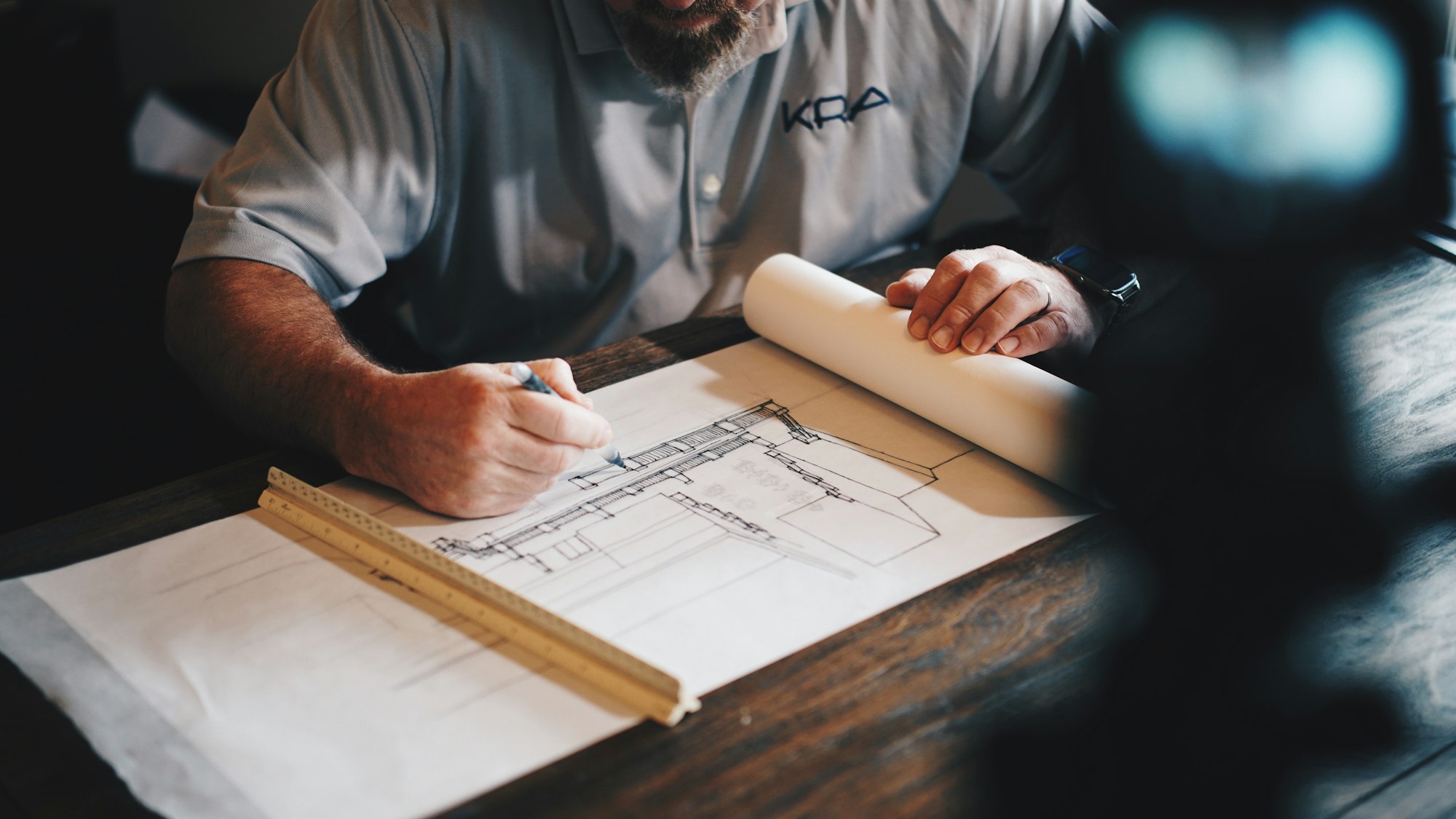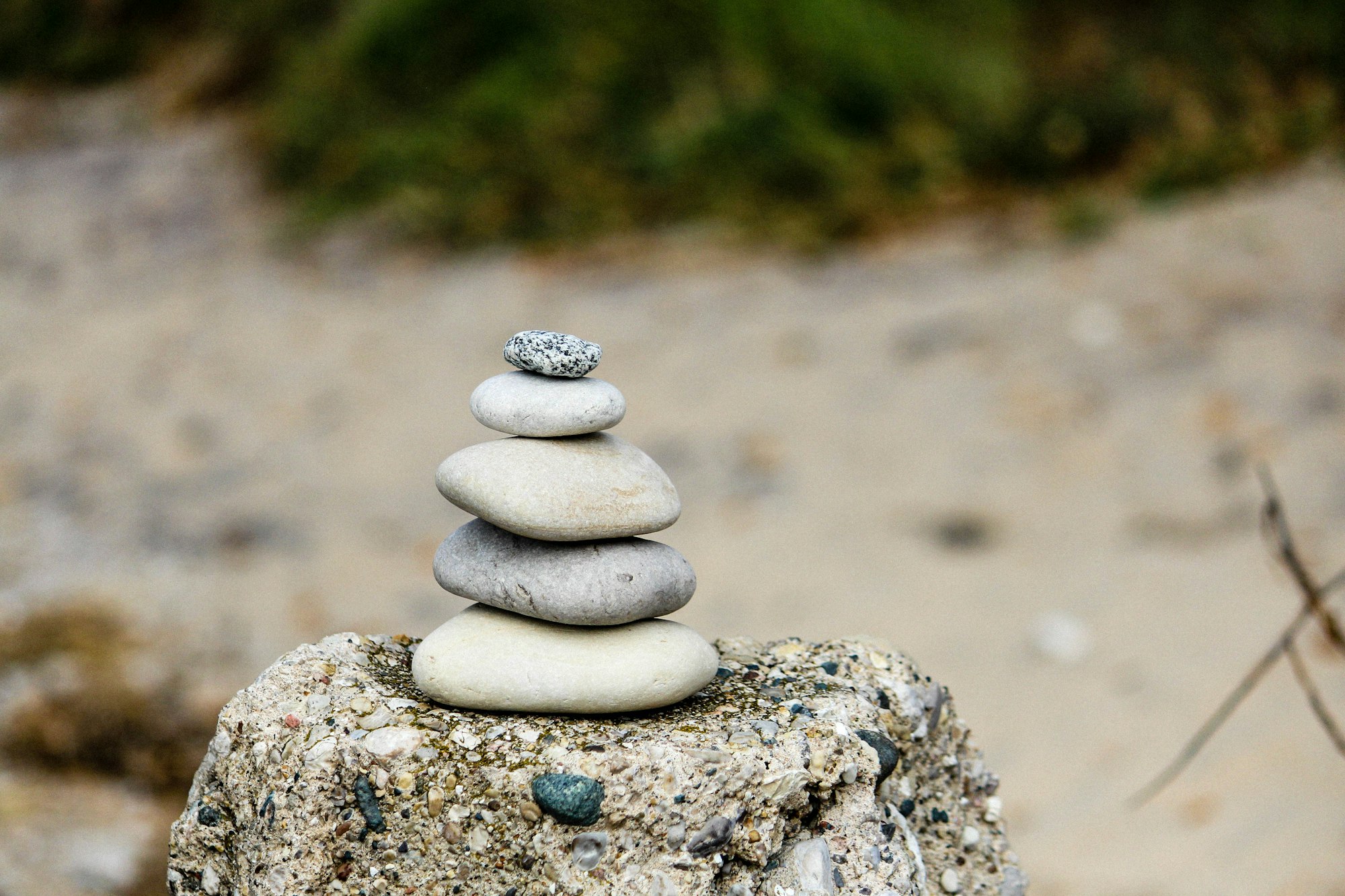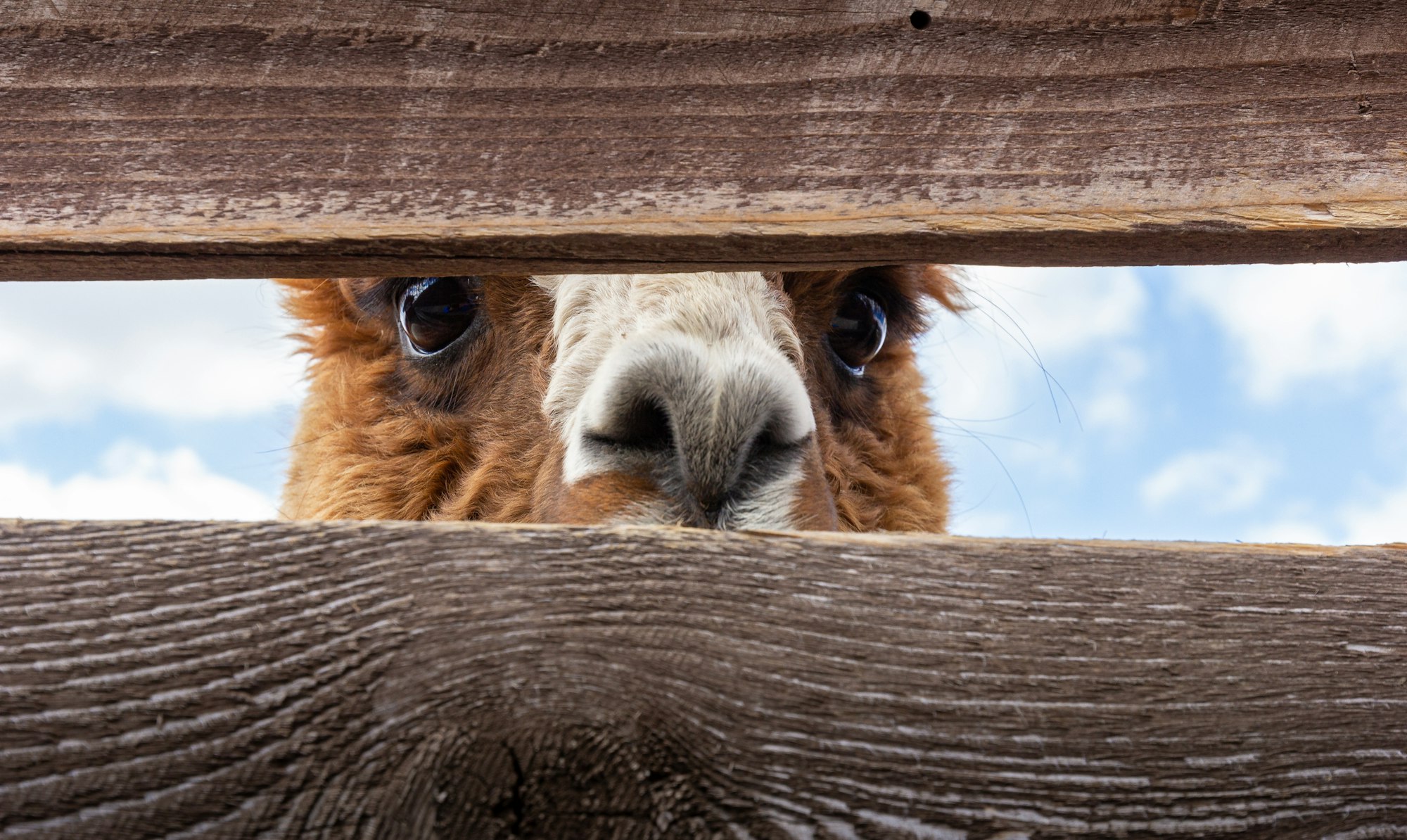Building Fall 2020

On July 1, my one-year term as interim department chair will be over, and I will go back to being "just" a faculty member, with three courses (11 credits) to teach and all the other usual stuff to do. Except, none of it is the usual. As everyone knows, we profs are facing the most unusual Fall semester in the lifetimes of those of us involved, and possibly ever. Everything is uncertain and the stakes are at an all-time high. And it starts in 70 days.
Today, I'm writing this article for two reasons.
The first is to let you know that in the coming weeks, I'll be using this website to share what I am thinking and doing as we head into the deep unknown of Fall 2020, especially about the concrete planning for my Fall classes. Those who are used to high-minded educational think pieces may be disappointed (if they weren't already). But I think there's a real desire out to see and share concrete instances of what people are doing in the Fall – grading schemes, online/hybrid setups, active learning activities for socially distanced classrooms, and more. I have two sections of Calculus and a section of Discrete Structures 1 in the Fall, and I intend to share much of the building process as well as the implementation once classes start, here in the public eye – so you can criticize, question, contemplate, steal, whatever it is you need. I'm hoping that this will help us all start thinking and talking about what's possible for Fall.
This sort of calls back to the early days of this blog, when I used to share all my ill-advised experiments in active learning, flipped learning, specifications grading, and so on. Looking back on those posts, getting my stuff into a public forum helped make my classes better, and it helped others see that it's OK to try new things. I think we all need that now.
The second reason I'm writing this article is to explain why I am doing this. For that, we need to turn inward for a moment, and face into the dark.
There is a gravity and uncertainty to the start of every Fall semester. But in normal years it's a familiar uncertainty, and we in higher education embrace that uncertainty like an old friend. This year, nothing is familiar, nothing is certain, nothing seems right. My friends in higher ed who usually enter the year confident and hungry for the challenge of teaching students are bone-weary, anxious, and afraid. It's a moving darkness, like a shadow in pursuit of the best people I know in higher education, threatening to swallow us all.
It's pursuing me, too. Sunday and Monday night last week, I got no sleep – up all night, consumed by questions about the Fall. Some of the questions are more like problems to solve, but asked rhetorically: How will I get students to work actively when they have to stay 6 feet away from each other? How will be able to engage students if they are not physically present? There were also more pressing and chillingly practical questions: What if one of my students gets sick? What do I do if a student shows up and starts coughing and sneezing? What if I get sick? What if I die? What if my students start dying, all because we insisted that we meet face to face?
Enough questions like this, and soon you stop looking for answers, and just let the shadows roll over you.
I'm not ordinarily like this. I usually have a very hard time getting emotionally invested in things I have no control over. This time, though, it just felt like all the assumptions behind my usually-optimistic point of view were literally null and void, and there was just nothing I could do to stop the oncoming disaster of a semester.
After two nights of no sleep and two days of living under this shadow of doubts and misgivings, I had a moment of clarity. Something said: Things look terrible. There are no good solutions. And yet: You're still a teacher. You have three classes starting in a few weeks. What now?
This was a moment of clarity because I was reminded of who I am: A teacher. When everything I do is reduced down to component parts, teacher is one of the irreducible core expressions of my identity. Nothing will ever change that.
It was also clarity because the simple timeline of 70-ish days until Fall semester was like ice water to the face. Now that you're reminded of who you are, that is, snap out of whatever it is that's gotten into you! Unless you want to deny who you are, you have work to do and the calendar won't wait.
Finally the simple question What now? provides clarity. In another form, it's the core of the GTD philosophy I write about here a lot: What's the next action? Asking this question in any form tends to cut through the noise and focus the mind.
After this moment, my What if? questions shifted to What's next? and everything became a lot clearer, more focused, more purposeful. I felt like I could breathe again. I stood up in front of the whiteboard in my home office and started dealing with the problems of Fall semester the way that I always process the world around me: By building. By imposing structure and order on it as best as I can. After a couple of hours, I had some first-iteration prototypes for the calculus class. And that night I slept soundly for once.
So, that's why I am going to be writing these articles. I need to keep planning and building in order to keep sane. But I care less about myself than I do about my friends and colleagues in higher ed – about you – who, as I've seen all too well on social media this week, are at the end of your ropes. I want to give us all something about which we can ask questions like How would that work? or What if you did this instead? – just to keep us moving forward and away from the questions like What is the point? and What if the worst happens?
This isn't to say that those other questions aren't important or shouldn't be given space in our lives. And if you are dealing with stress, trauma, exhaustion, or anxiety, please know that those experiences are real and need to be given attention. And yet... we are teachers, and classes will begin before we know it. Despite the real issues we face, the fact is that we will still have to get out of bed in the morning, enter this world of disease and corruption, and engage our students – who live in this world with us – with beautiful and life-changing ideas. This has always been the case long before Covid-19 and it will be the case long after there's a vaccine and this whole episode is behind us.
I happen to think the way forward is to acknowledge all that we are dealing with, and then keep building. So I'm inviting you to build with me.


